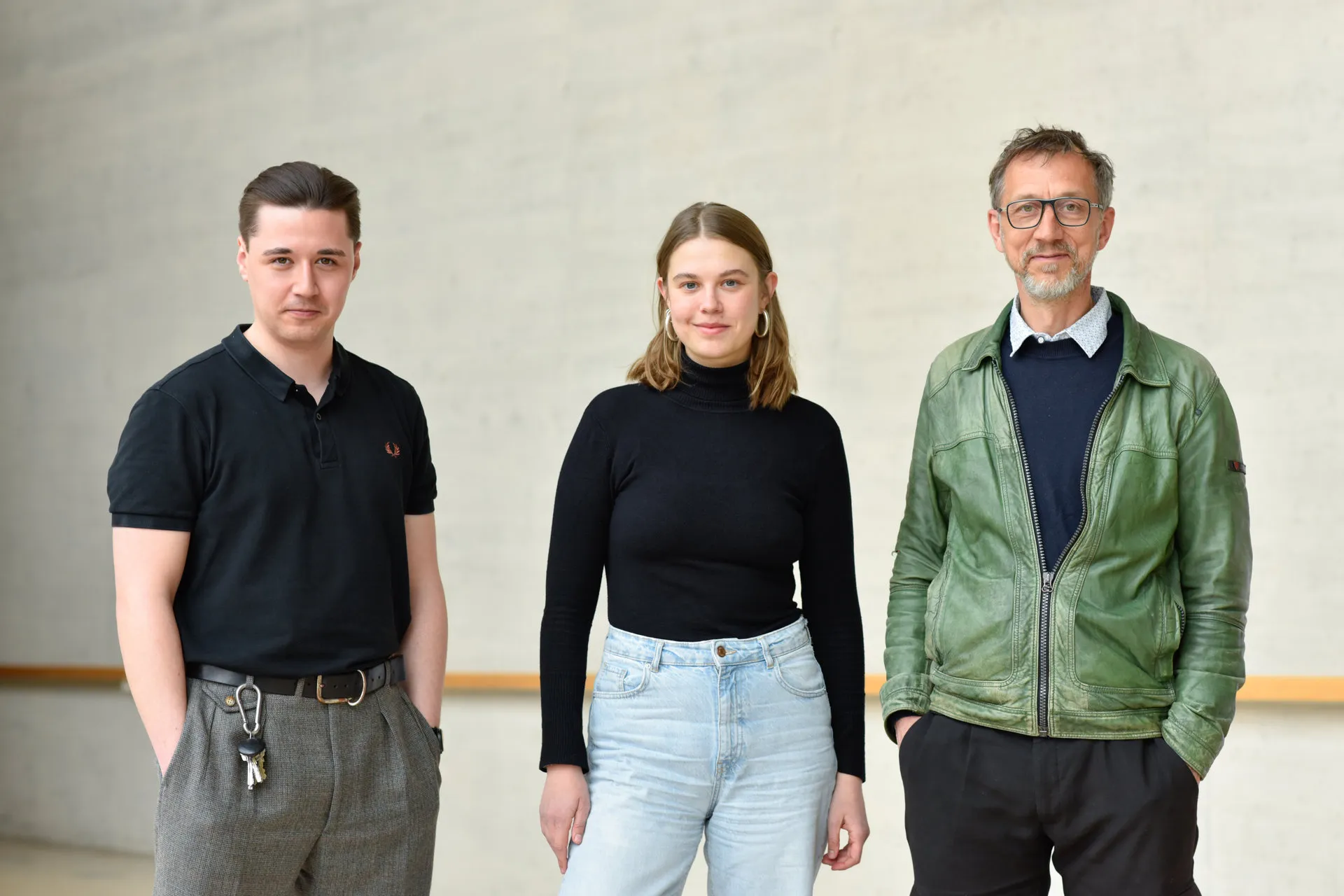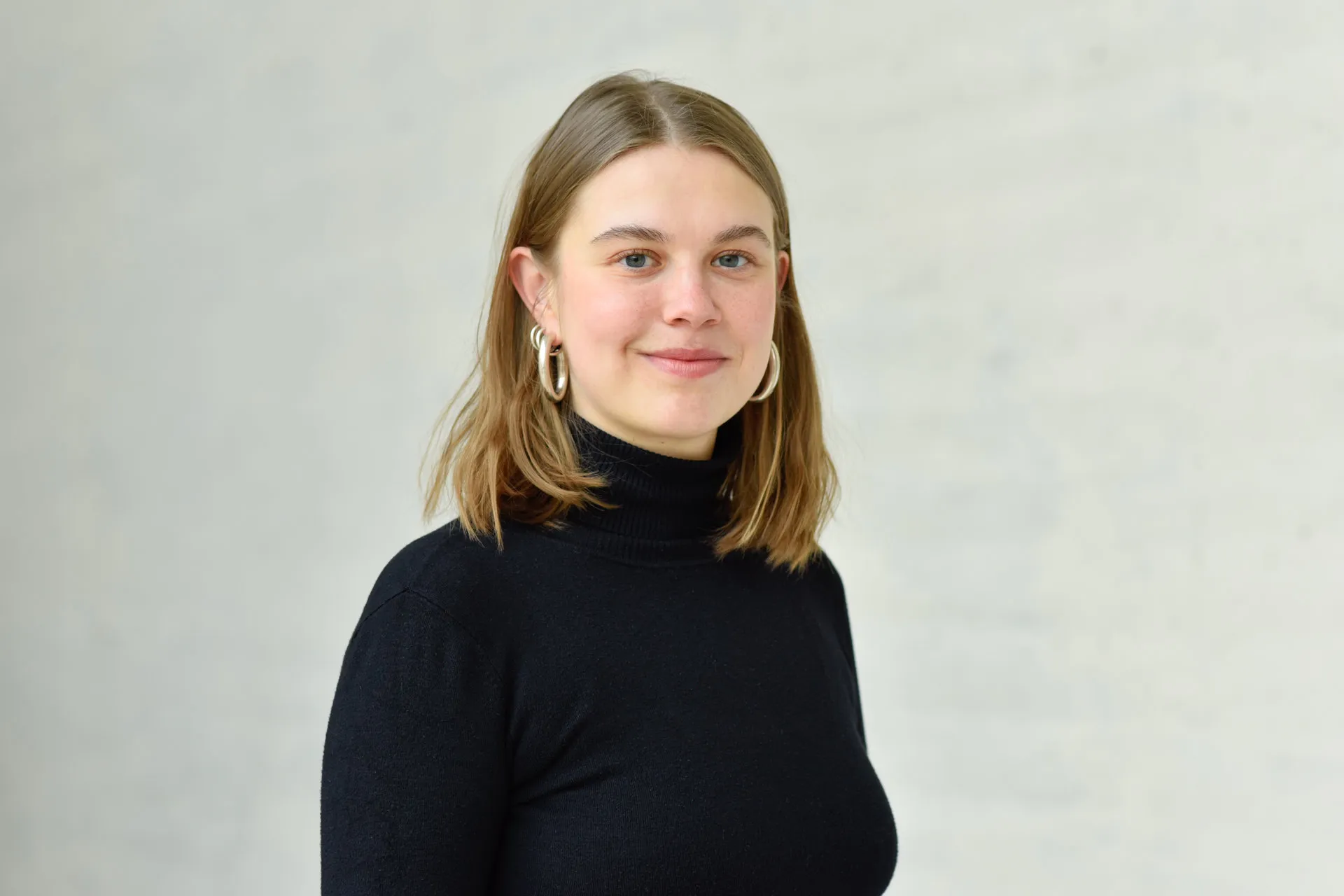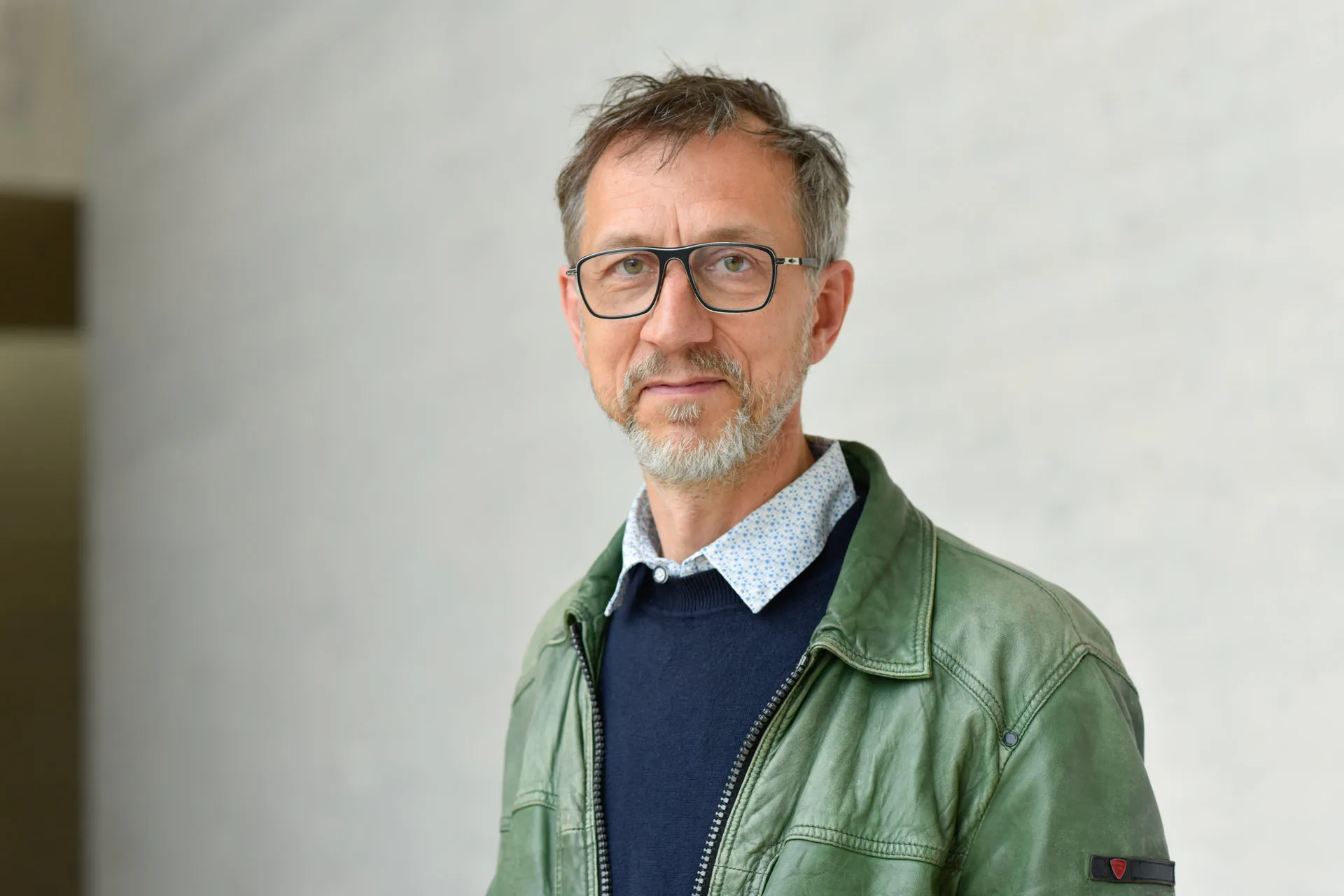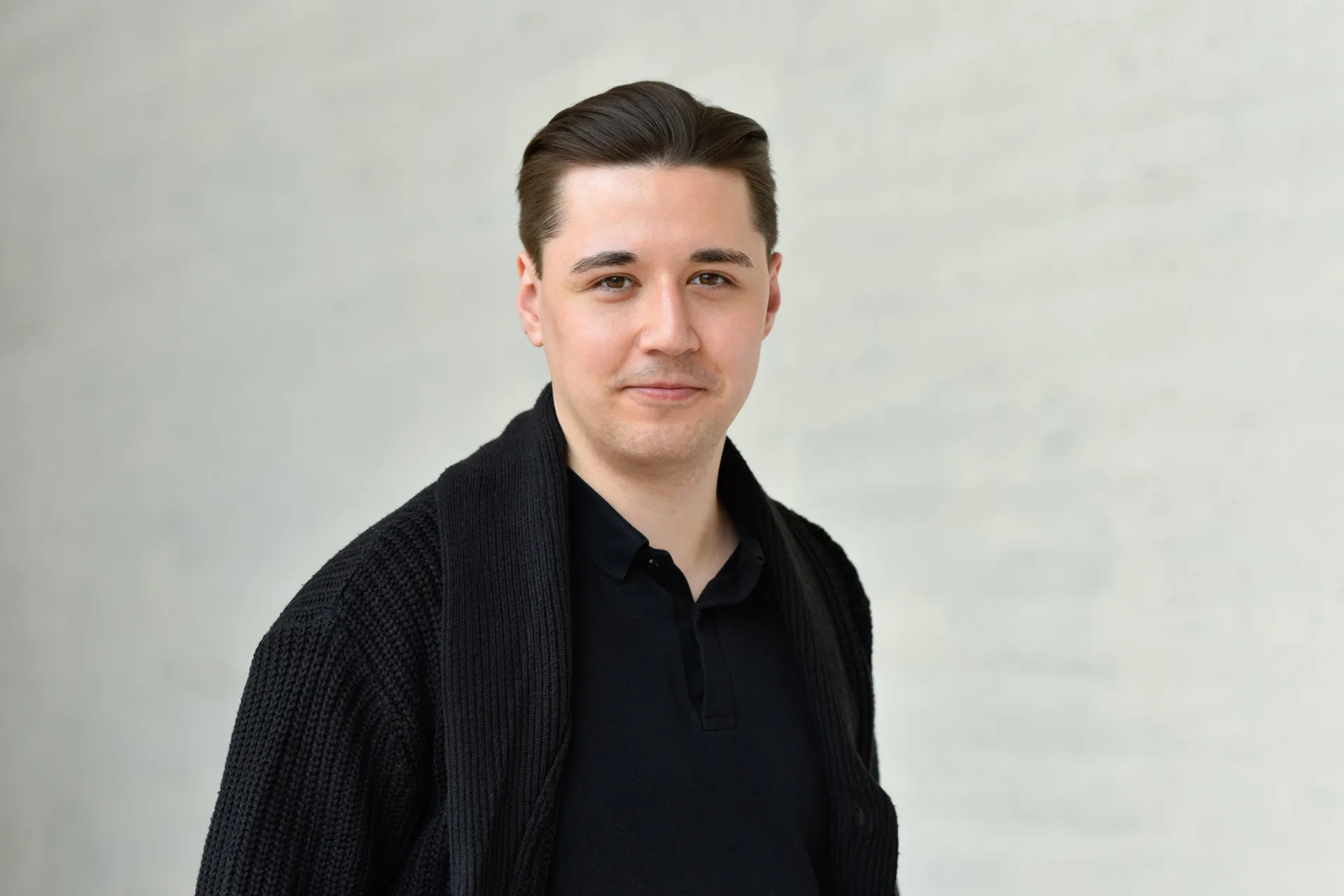Chemistry in Transition
‘Chemistry provides bread, prosperity, beauty.’
The ideological promises and actual achievements of fossil-fuel-based modern societies are manifested in people’s expectations, desires, beliefs, and behavioural patterns. These factors could prove to be the ‘hardest’ and most difficult to change in the ongoing transformation processes.

Transformation processes require changes in people’s minds, not just a change in technology. As specialists in ‘soft’ factors, we examine the historical, socio-economic and spatial conditions and impacts of the chemical industry in central Germany in order to understand and help shape the transition to a climate-friendly society in the course of a ‘just transition.’
read more
We combine approaches and methods from geography, ethnology, cultural and media studies, philosophy, history of technology, science theory, art and design. In doing so, we analyse the cultural practices, emotions, beliefs, motivations and needs of people associated with the chemical industry: those who work in the chemical industry and those who consume – or fear – its products. Our collaborative transfer formats are aimed at economic, political and civil society actors. Chemistry in transition does not only embody industry or science; it must be thought of as a culturally anchored dispositif: as landscape, lifeworld, infrastructure, aesthetics, knowledge order, organisational and production principle. As part of a social metabolism.
Team
Dr. Alexander Klose, Team Leader
Sophie Altmiks
Jürgen Viet Anh Höpfel
Daniel Wolter, Ph.D.




